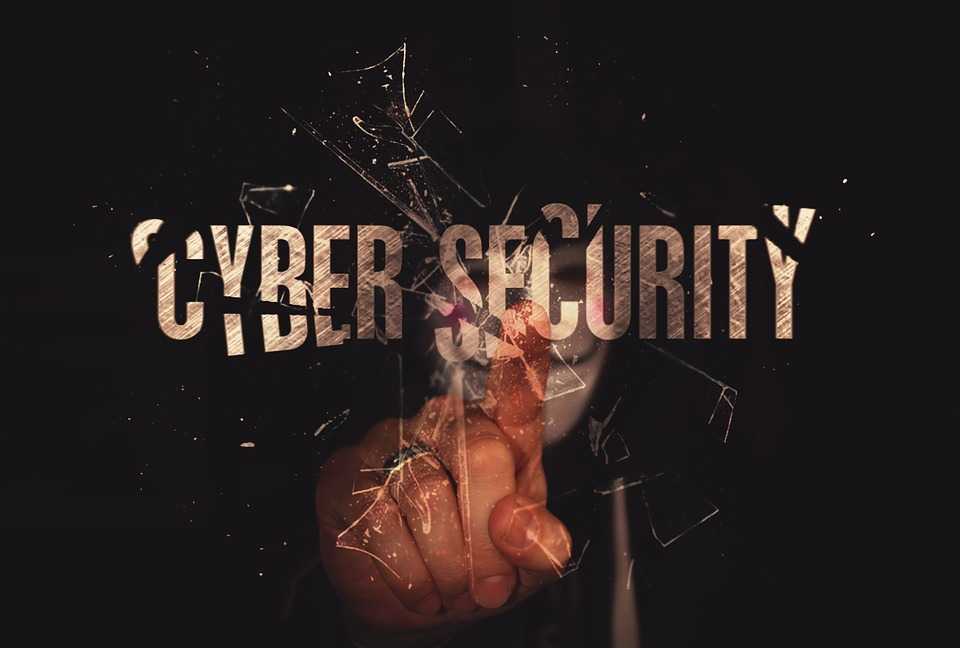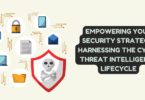
Cyber security
The internet has transformed our world into a global village where we can connect with people from all over the world and access more information in the blink of an eye than we ever thought possible. But it also comes with risks and threats that we must be prepared for, whether cyber-attackers or having our data breached by hackers.
Thousands of scammers and identity thieves are out there waiting for their next victim. An online search reveals that every second, 18 adults worldwide fall prey to cybercrime, reaching more than 1.5 million victims per day.
With those numbers in mind, take these steps to avoid becoming the next statistic in the war against identity theft and cybercrime. Use this list of ways to protect yourself online, like your guidebook on how not to get scammed out of your hard-earned money or valuable personal information.
Educate yourself
What is the first step in defending yourself against anything? Learning about it, of course. The same goes for cyber-attacks. You may protect yourself much better if you know how these thieves operate. Most of us think cybercrime is related to hacking, but that’s just a tiny part. Social media is another tool used by cyber attackers to gather information about you. Attackers may use social media to impersonate trusted individuals or companies or collect data for use in further assaults like social engineering and phishing.
Similarly, if you’re running a business, cyberattacks can jeopardize your company’s reputation and erode client trust, resulting in loss of customers and sales. There are many ways to educate yourself on Cybersecurity.
You can read articles, watch documentaries, and even take online courses like Master of Business Administration with a concentration in Cybersecurity. Luckily, several universities now offer online courses. If you are looking for an affordable university that offers flexible hours, check out https://onlinedegrees.murraystate.edu/programs/business/mba/cyber-security/ for more information.
One of the many benefits of online education is that working professionals can attend online classes from universities worldwide and choose the course of study that best suits their needs without uprooting their lives.
Use Secure and Smart Passwords
If your password is weak, there are various ways for cyberattackers to figure it out, from birth date to your mother’s maiden name. A strong password contains at least eight characters, a combination of capital and lowercase letters, numbers, and symbols.
Additionally, use unique passwords for every account. In this manner, even if one account is compromised, the rest are secure.
Another error people make is writing down their passwords on their laptops or mobile devices. Your passwords will be in the wrong hands if your device is lost or stolen. The best approach to managing your passwords is to use a password manager. You will only need to remember one master password in this manner. The password manager handles the rest.
Keep Your Software Updated
Did you realize that maintaining software updates will help people thwart most cyberattacks? It’s true. Every software developer releases updates, often including security fixes for the most recent flaws. For example, if users had updated Microsoft’s security update a few months earlier, the WannaCry ransomware attack of 2017 could’ve been prevented.
So, by not updating your software, you risk leaving yourself vulnerable to attack. It is essential for your web browser, operating system, and any plugins or extensions you use.
Backup Your Files
If you become the victim of ransomware, the cyberterrorists will demand money in exchange for your files for you to regain access to them. If you have a backup, what then? After that, you can disregard their requests and continue with your day.
Using cloud storage is a reliable method of backing up your files. But this will only work if you regularly back up your files. Your files are still secure even if something bad happens to your PC. Additionally, you may access your files from any device, wherever you are.
If you rely on hard drives or other storage devices, secure them. It also entails encryption to protect the data on them, even if they are lost or stolen.
Use a Full-Service Internet Security Suite
An internet security suite offers features other than antivirus protection. A firewall, spam filters, and web filters are also included. You need each of these features to protect yourself from various cyberattacks.
Parental controls and anti-theft capabilities are also included in some suites. So, the investment is unquestionably worthwhile. Numerous internet security packages are available; selecting one should depend on your requirements.
For instance, you might choose a suite with parental controls if you have kids. Additionally, you might want to get one with anti-theft capabilities if you travel frequently.
Close all open services
Log out and close your browser window once you’ve finished using a banking session or another account that contains sensitive information. It is crucial while you’re away from the security of your home, such as in an internet café or other public area.
The likelihood of cross-site request forgery attacks is decreased by logging out. The attacker has the power to control your browser to make requests to websites where you have accounts. They could, for instance, ask for a bank transfer.
Watch out for phishing scams
Phishing is when an attacker convinces you to click on a risky link or email attachment. Attackers also use this technique to steal your login information or attack your device with malware. Be cautious if you get a suspicious email. Additionally, remember that phishing can be done through SMS or chat messaging; it’s not just through email.
Keep Your Personal Information Private
You should share as little personal information online as possible. Hackers can use even the slightest piece of information to steal your identity or commit fraud. Therefore, be cautious when disclosing your birthdate, residence, or even your mother’s maiden name.
You may have noticed that numerous social media platforms require you to include the last three digits of your phone number in posts. While this may seem harmless, it’s a bad idea. Hackers can use that information to determine your complete phone number.
Once they get your phone number, they can quickly find other details about you, such as your address. Also, share personal information on a secure website if you must. If the URL begins with “HTTPS,” the website is secure.
Conclusion:
Cyberattacks are happening more frequently than ever. You must be careful about protecting yourself from a ransomware attack or someone attempting to steal your personal information. If you’re not careful, you may lose money or your identity.
In today’s digital world, there are a variety of techniques to defend yourself from these attacks. For instance, you can rely on technology improvements like VPNs and full-service internet security suites or take precautions to protect the privacy of your personal information.
Whatever you choose to do, make sure you take the necessary precautions to protect yourself from these online fraudsters.






